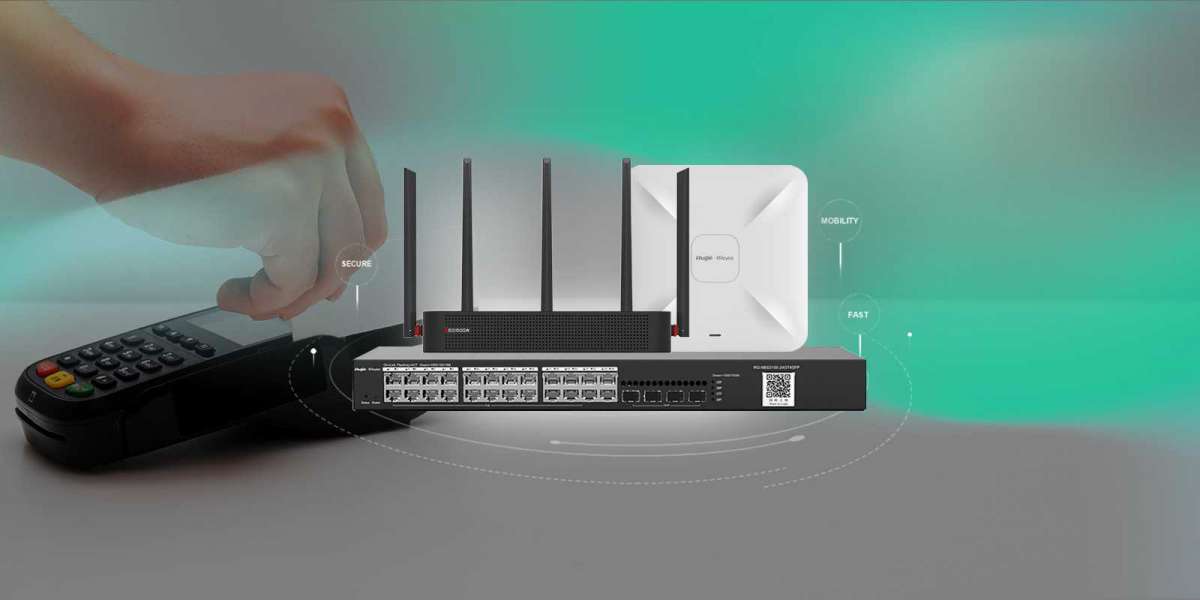What is enterprise networking?
An enterprise network consists of physical and virtual networks and protocols that serve the dual purpose of connecting all users and systems on a local area network (LAN) to applications in the data center and cloud as well as facilitating access to network data and analytics. In a LAN, multiple local computing devices are connected together via switches, routers, and ethernet or WIFI connections to share applications and data. Users typically need to establish accounts for secure access. Enterprises often run VPN software that encrypts user data when connecting to websites or servers outside of a LAN. In addition, firewall software is used to inspect and control network traffic, both between the LAN and the wider world (north-south) and, increasingly, within the network itself (east-west).
Why enterprise networking?
Enterprise networking provides fast and reliable connectivity for end users as well as applications. Applications are increasingly more distributed in the modern network and simplified networking and security across wired and wireless infrastructure is a business imperative. Network administrators require enterprise networking solutions that provide a single pane of glass across data centers and clouds, and network automation frameworks that simplify day 1 and day 2 network operations.
Security is another major responsibility of enterprise network administrators. Perimeter firewalls and internal firewalls are designed to secure apps and data from outside attacks, and firewall configuration is therefore an essential part of enterprise networking. To improve enterprise network security, security administrators seek advanced methods to scan data packets for viruses and malware to prevent infections that can spread from phishing attacks and ransomware.
How does enterprise networking work?
Enterprise networking relies on high-speed switching and routing devices that mediate data transfers between desktop computers, servers, applications, and services. A modern enterprise network consists of a common networking and security platform that provides and variety of networking services such as switching, routing, load balancing, firewalling, wifi, and service mesh for modern applications. This converged enterprise networking approach helps eliminate operational siloes and facilitates end-to-end network automation.
These modern hybrid cloud environments also present additional network security challenges that have given rise to the concept of internal firewalls. Internal firewalls segment network zones and filter east-west traffic. The most advanced enterprise networking solutions today offer the ability to deliver seamless connectivity across hybrid and multi-cloud networks and to secure those networks with inspection of all traffic — north-south and east-west.








